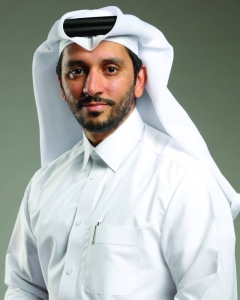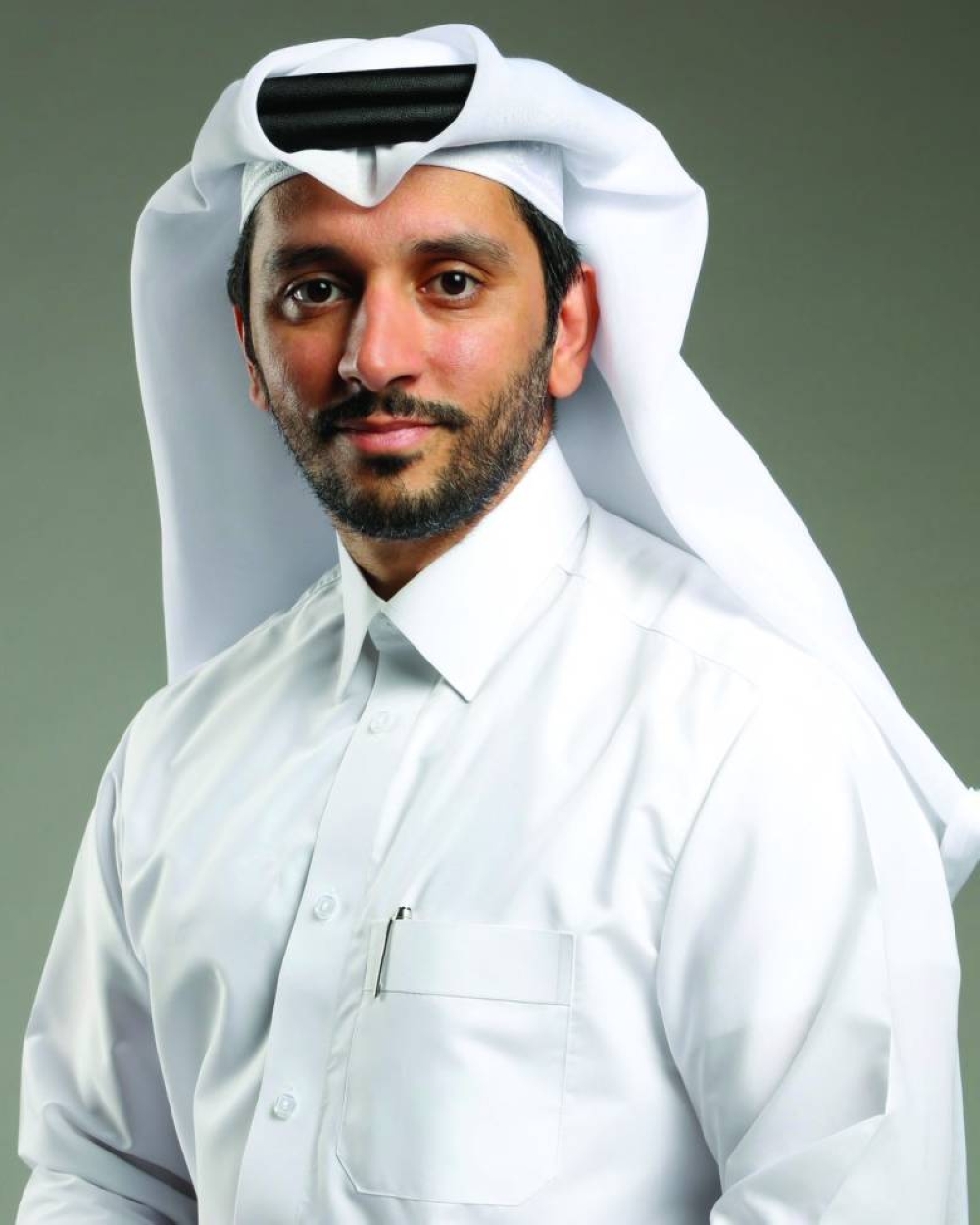Post-World Cup benefits continue – Gulf Times


The FIFA World Cup held in Qatar in November and December 2022 has not experienced this problem. The considerable investment in infrastructure in the years leading up to the tournament extended beyond the building of stadiums and transport and accommodation for the matches themselves. The result is a modern infrastructure suitable for supporting economic growth across a range of hi-tech and services industries.
Evidence of lasting benefits has been confirmed independently, by a report issued in February by the International Monetary Fund. Total infrastructure investment over the decade was in the range of $200-$300bn; of this, around $6.5bn was spent on the stadiums – a relatively low proportion. Investment grew at around 6% per year in the period 2011-2022, reaching 9% before the Covid-19 pandemic.
The report praises the Qatari authorities for its handling of the pandemic, noting that the 2022 World Cup was the first major international tournament with large numbers of spectators to be held post-pandemic (there were limited numbers of spectators at the Olympics in Tokyo in 2021). It was the first World Cup to be held in the Arab world, and the second in Asia after Japan and South Korea which hosted the tournament in 2002.
The report measures the economic impact of the games, with reference to the benchmark of South Korea, which co-hosted the World Cup in 2002. In Qatar the economic impact was gauged at around 1% of GDP, compared with 0.2% for South Korea. Given that Qatar is a smaller country than South Korea, this is only to be expected. Moreover, South Korea was co-hosting the 2002 tournament with Japan, so did not host all of the games.
There were some indications of over-supply and/or high room rates during the Qatar tournament, as hotel occupancy levels were 59%. An interesting indicator cited by the IMF is the inclusion of night-time luminosity data, sometimes recorded to supplement official GDP statistics. This confirms a pattern of significant additional economic activity during the games.
What is most encouraging is the evidence that the investment is helping long-term economic diversification. The paper cites academic research showing that increases in infrastructure investment in the Gulf region tends to lead to commensurate growth in non-hydrocarbon economic activity. While this is an academic point, the paper also records that actual non-hydrocarbon growth in Qatar has been steadily positive throughout the past decade.
One example is tourism – which is an area of economic development prioritised by the Qatar state. The IMF records that there were around 200,000 monthly visitors to Qatar in November-December 2019, rising to 1mn for the tournament in late 2022. It has since dropped, but only slightly, to 700,000 in early 2024, an impressive figure to achieve more than a year after the World Cup. The Qatar News Agency reported that Qatar received 4mn visits in 2023.
This indicates that the profile of the country in general, and as a tourism destination, has received a sustained boost worldwide.
Investment in sporting facilities has extended far beyond stadiums for the World Cup, the IMF report noted. It has included the Aspire Academy as an example. In total, 18 of the players at Qatar’s squad in the tournament were graduates from the academy. Qatar reached 50th in the FIFA rankings by the time of the tournament, compared with 113th at the point of Qatar being awarded the games in 2010.
In addition, Qatar has hosted other major tournaments, including the Asian Football Games, the World Aquatics Championships and the Formula 1 race.
There are also culinary, business and cultural events in 2024, including an exhibition of art on loan from the Metropolitan Museum in New York. The Qatar International Food Festival and the Web Summit – the world’s largest technology conference, held for the first time in the Middle East – were both held in February.
This was always part of a broader plan to use the World Cup as a part of an economic diversification programme, more than just an event in its own right.
The author is a Qatari banker, with many years of experience in the banking sector in senior positions.

